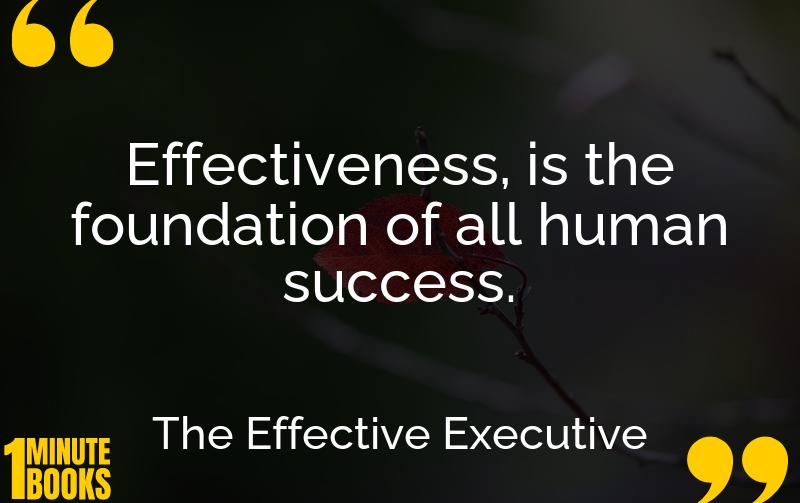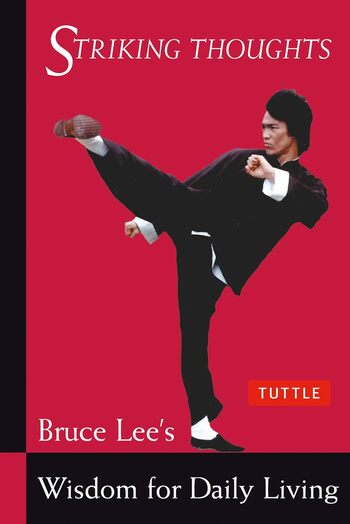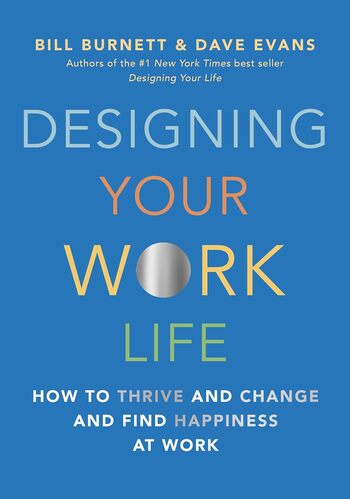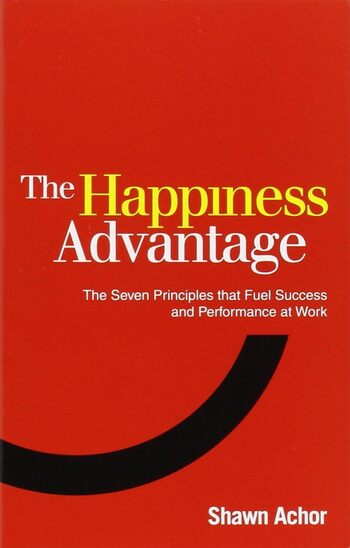
The Effective Executive by Peter Drucker explores key practices to enhance personal and professional effectiveness through time management, contribution focus, strength utilization, task prioritization, and decision-making.
Main Lessons
- Time is a limited resource: Manage it by analyzing, managing, and consolidating your tasks efficiently.
- Focus on contribution rather than self-interest to enhance organizational effectiveness.
- Capitalize on strengths to boost productivity and avoid mediocrity in diverse tasks.
- Prioritize tasks effectively by distinguishing what needs to be done versus what can be postponed.
- Effective decision-making includes assessing situations, setting objectives, focusing on right actions, planning implementation, and seeking feedback.
- Executives are not just leaders; anyone can become effective by adopting specific practices.
- Consolidating time into larger blocks enhances productivity for complex tasks.
- Work on producing direct results, enhancing organizational values, and developing future human resources.
- Avoid spreading yourself thin; focusing on key areas leads to excellence.
- Effective decisions require understanding whether a problem is typical or unique.
- Leverage self-development to inspire and guide others within the organization.
- Regular feedback is crucial in validating the effectiveness of decisions.
- Time wasting activities should be minimized to increase organizational ROI.
- Implement a mindset shift to complete tasks sequentially for higher productivity.
- Understanding objectives and constraints is essential in strategic decision-making.








